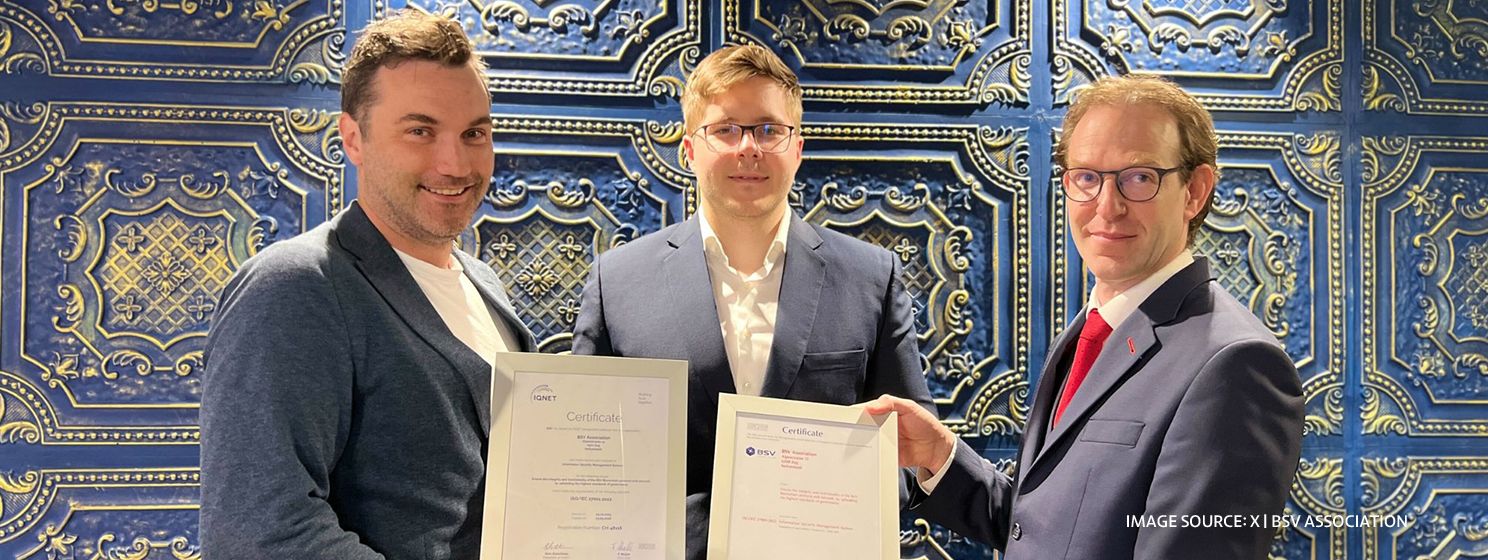|
Getting your Trinity Audio player ready...
|
Authorities in Mauritius have set out plans for a new cryptocurrency custodian license, as part of new laws aimed at the emerging blockchain and cryptocurrency sectors.
The Financial Services Commission, Mauritius chief financial regulator, set out the draft proposals for public consultation, in a process set to run to the end of November which could determine whether and how the island nation proceeds with its crypto custodian licensing structure.
The draft regulations were created to offer legal certainty specific to cryptocurrency custody services, with existing custody licenses ill-equipped to deal with the needs of crypto custodian services. It comes at a time of increasing demand for custodian services, as more institutional and regulated investors move into investing in cryptocurrencies for the first time.
Holders of the new license will be required to comply with strict licensing terms, including holding a minimum reserve of 500,000 Mauritius rupees, maintaining a board with at least three participants and one participant resident in Mauritius, and running a physical office in the country.
Holders will also be considered ‘financial institutions’ under the Financial Intelligence and Anti-Money Laundering Act 2002, and will be required to uphold anti-money laundering and know your customer provisions in the same way as mainstream financial institutions like banks.
The license looks set to prove popular with crypto businesses looking to offer custodian services to large institutional investors. With the licensing structure only just reaching consultation stage, there is already strong interest in applying.
A new venture, HYBSE International Marketplace, has already expressed a commitment to apply for one of the new licenses, even before the regulatory structures have been finalized, or HYBSE has even begun trading.
Custodian services safeguard cryptocurrency holdings on behalf of institutional investors, providing security to a high standard of compliance—an essential prerequisite for any institutional investor allocating resources to cryptocurrency investments.
As competition in the sector heats up, new licensing structures like those in Mauritius will only prove more popular with companies looking to become registered cryptocurrency custodians.

 09-10-2025
09-10-2025 





